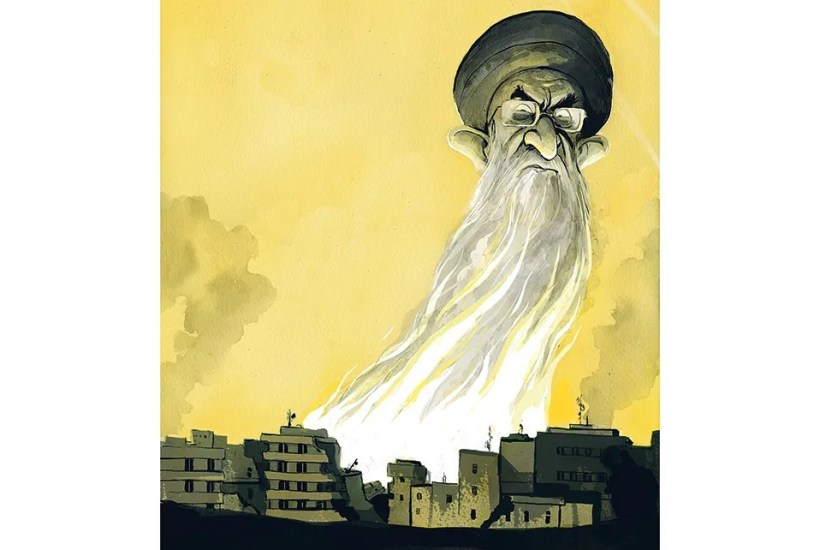Predictably, the US/UK military coalition that attacked Houthi forces twelve days ago has been in action again. ‘Predictably’ because the initial strike was always unlikely to dismantle the Houthis now extensive capacity to attack shipping in the Red Sea. But, more importantly, because it is currently in their interests to keep up the belligerence, as it is very much in the interests of their main backer: Iran.
Already a subscriber? Log in
Subscribe for just $2 a week
Try a month of The Spectator Australia absolutely free and without commitment. Not only that but – if you choose to continue – you’ll pay just $2 a week for your first year.
- Unlimited access to spectator.com.au and app
- The weekly edition on the Spectator Australia app
- Spectator podcasts and newsletters
- Full access to spectator.co.uk
Or




















Comments
Don't miss out
Join the conversation with other Spectator Australia readers. Subscribe to leave a comment.
SUBSCRIBEAlready a subscriber? Log in